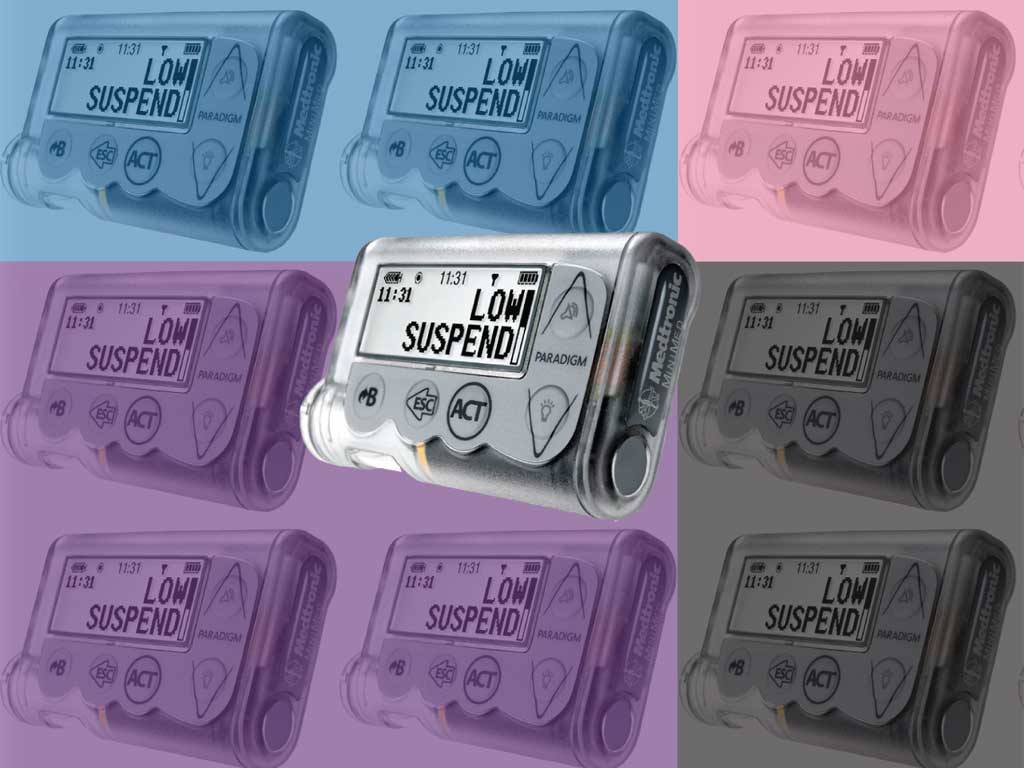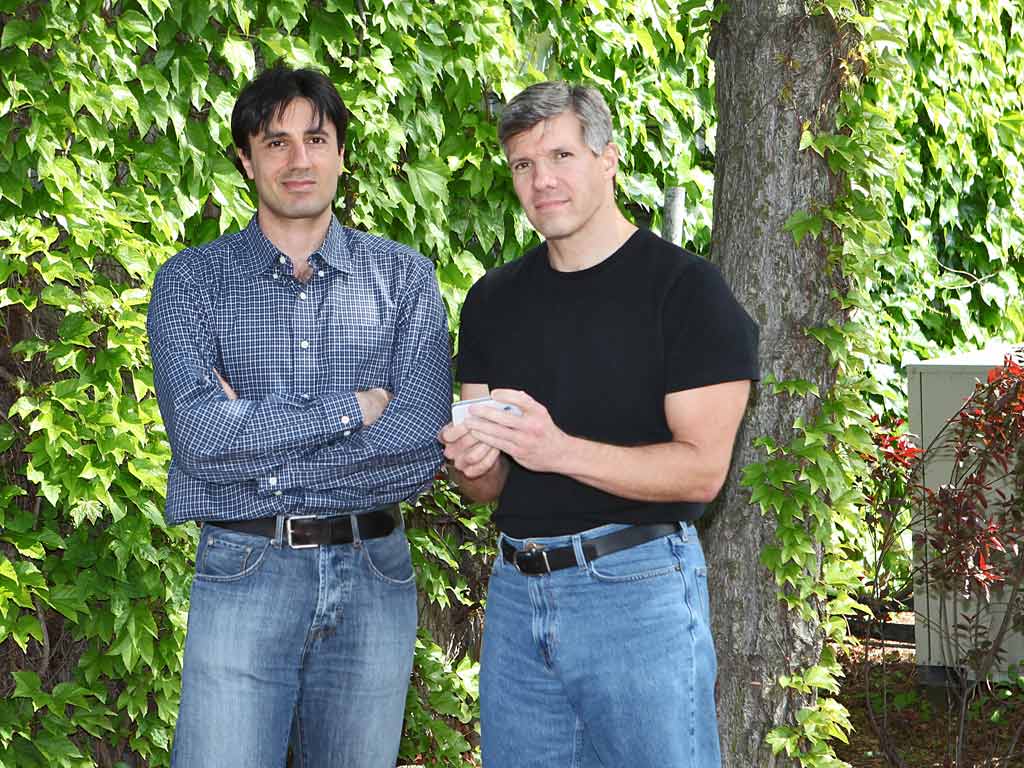Uncovering the Hypoglycemia On/Off Switch

Quick Hit
Hypoglycemia is bad, and hypoglycemia unawareness is worse. Drug manufacturers may be making better insulin delivery systems to combat hypoglycemia, but they haven’t yet been able to eliminate the chance that a low can happen. Now a group of U.S. and UK researchers are examining how the brain reacts to hypoglycemia to see if the process can be stopped where it starts.
According to a press release published in Fierce Biotech Research, researchers from the University of Michigan and several UK and U.S. universities believe they have discovered a bundle of brain cells that sense blood sugar levels and send signals to the body if a low is detected. This newly-discovered neural pathway carries the hormone cholecystokinin, which seems to sense blood glucose levels and dictate the body’s response when hypoglycemia strikes. Scientists also speculate that when people with diabetes lose the ability to detect lows, this is the part of the brain that stops doing its job.
Researchers say that the discovery of this hypoglycemia master switch will most likely make it easier to develop drugs that target this specific part of the brain. The goal of any cholecystokinin drug therapy would be to build up the body’s defenses against hypoglycemia, or at least safeguard the body’s ability to detect lows.







